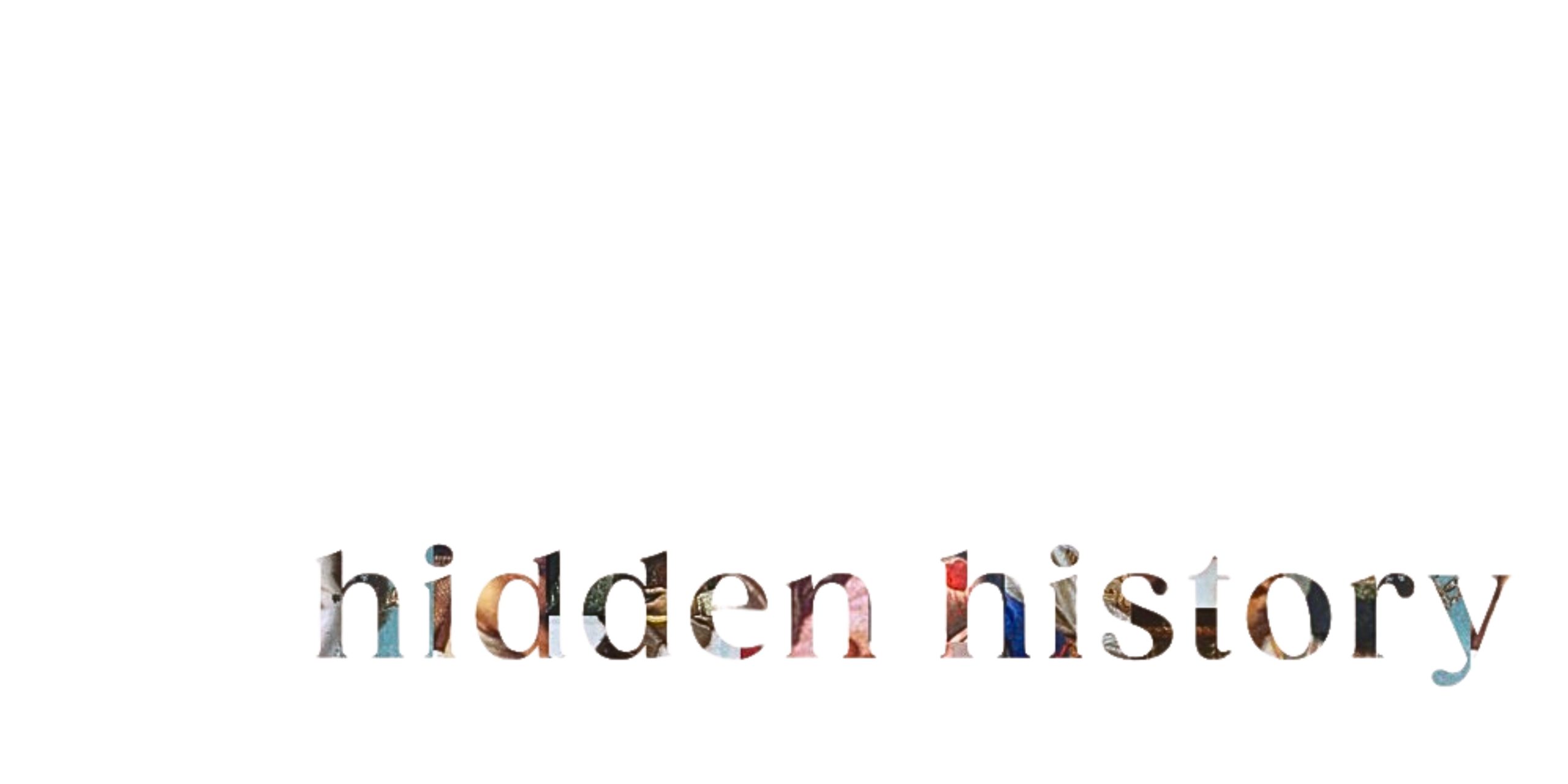An international conference proposed by the Centre for Ibero‐American Studies of the Faculty of Arts of the Charles University (SIAS FF UK), the Institute of Art History of Czech Academy of Sciences (ÚDU AV ČR), the Department of Romance Studies of the Faculty of Arts of the University of Ostrava (FF OU), the Recognised research group of the University of Valladolid, „Art, Power and Society in the Modern Age“ (APS) and the University of Salamanca.


Deadline for proposals (max. 300 words): 25 July 2024
Notification due: 1 August 2024
Time&Venue: 14/15 2024, Prague, hybrid conference
Academic committee: Monika Brenišínová (SIAS FF UK), anna řičář libánská (SIAS FF UK), Lillyam R. González Espinosa (FF OU), Lenka Panušková (ÚDU AV ČR), Jesús F. Pascual and Cristina Hernández Castelló (APS).
Organising institutions: Centre for Ibero-American Studies, Institute of Art History of the Czech Academy of Sciences, University of Ostrava, University of Salamanca, University of Valladolid
The aim of this interdisciplinary conference is to present the research results of the project „Hidden History. Representation of Women in the Era of Conquest and Colonisation of the New World“ supported by the Czech Science Foundation, and to discuss them with other researchers. A further aim is to connect scholars dealing with the history of gender and/or the history of women (and their roles and representations) in the societies of the Old and New World with an emphasis on the Atlantic region.
In the past, the history of European colonial expansion into the Atlantic region has been presented as a mixture of individual stories of ‚great‘ white men (including seafarers, conquistadors and missionaries). With the advance of women’s history in the 1970s and gender history in the 1980s, influenced by second- wave feminism, this narrative began to change. Women’s history and its sources are to be found in a broader scale of evidence, not only the written one, but also visual, archaeological, and material that give the testimonies of women and their activities that had been neglected in the so-called grand narrative. The history of gender then, through the study of the transformations of femininities and masculinities, helped to place these stories within a broader social framework. By taking into account other social factors (the construct of race, class, religion, etc.) or even increasingly popular culture-nature relations and post-anthropocentric narratives, gender research has made it possible to view the web of social relations in a complex and intersectional approach. The colonisation of the Americas took place in the social and cultural field and European women (who, of course, cannot be understood as a hegemonic group) brought with them contemporary gender concepts that transformed the appearance of the Americas.
However, the gender structures of emerging colonial societies differed in many ways from the European ones which influenced them. They were highly affected, for example, by the concepts and ideas of local populations and people imported from Africa. Moreover, the members of colonial societies encountered and had to cope with situations unknown to their predecessors.
Gender roles were particularly flexible in the early stages of colonisation, and the New World thus meant the possibility of greater social mobility for European newcomers. The world of new possibilities was also opened up to many women who made their way in the conquest itself, be it in Christianisation, or in the economy, etc. Many other women, on the other hand, lost the opportunity for self-fulfilment (e.g., women imported from Africa as slaves or members of the conquered Native American population). However, many sources show that it would also be misleading to see indigenous women in the Americas as mere victims, as they too employed a rich variety of survival and coping strategies.
Many of these women did not have the opportunity to record their stories. Even if they did, their testimonies were neglected or not preserved. Thus, we learn about their lives from the sources produced by the men who were dominant in the patriarchal network of colonial power relations and had the power to record something in writing (priests, confessors, judges, inquisitors, and clerks). Many of these sources, however, remain unexplored and wait to be uncovered, whether they be memoirs, historical records such as trials and inquisitorial processes, various material sources and practices, or visual sources.
We want to discuss together, for example, but not be strictly limited to, the following topics:
- women and their agency in colonial society (politics, religion, economy, etc.); women in everyday life; actor- networks and everyday life under colonial rule
- representations of women and femininity (and masculinity) in written, visual, and material sources
- women and corporeality; gender and the history of the body; gender and materiality
- the transfer of European gender roles and ideas overseas and vice versa; the formation of gender identities in the New and Old Worlds and the mutual cultural influences; the glocalisation of European gender concepts
- transformations of relations between masculinities and femininities in the colonial societies of the Atlantic region through the Early Modern era; intersection of gender relations with the construct of race, class, or religion; gender non-conforming people gender and the process of othering;
- gender and alterity
- women’s migration and mobility in local and global contexts of colonialism
- gendering and the processes of the New World’s conquest and colonisation; colonialism and gendered violence; the coloniality of gender; gender and global modernity/coloniality
- gender and colonialism in the context of environmental history; gender, colonialism, and environmental justice; gender and colonialism from post-humanist perspectives
If you are interested in participating, please send your name, academic affiliation, short biographical note (max. 5 sentences) and an abstract of max. 350 words to ibero@ff.cuni.cz by 25 July. The organisers will notify you whether your proposal has been accepted by 1 August.
